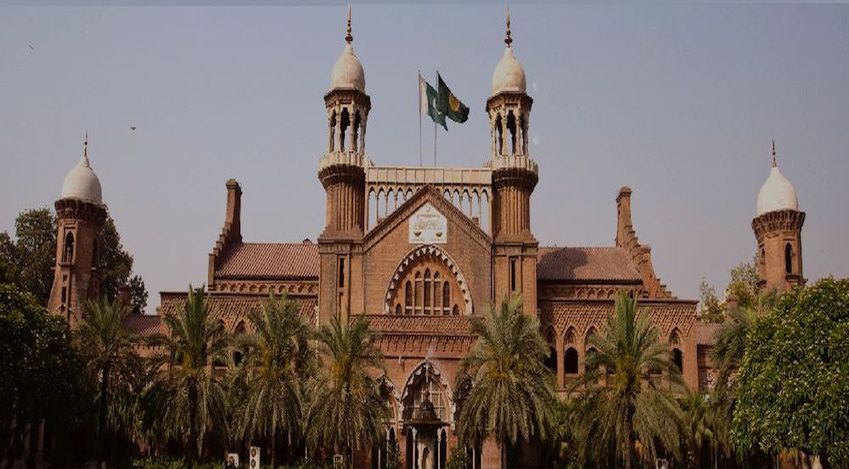Under Section 26-A of the Arbitration Act, 1940, Arbitrators must provide detailed reasons for their Awards to enable Judicial Scrutiny --- Lahore High Court
Islamabad 25-07-2024: In a significant ruling, the Lahore High Court has ordered a fresh examination of an arbitration award related to the construction of a bridge over River Chenab at Shahbazpur, District Gujrat. The judgment, delivered in the case of [F.A.O. No. 524 of 2013], involves a dispute between the Punjab Highway Department and Sh. Abdur Razzaq & Company (Pvt) Ltd. over the construction contract valued at Rs. 1,345,120,000/-.
The contract, awarded on August 1, 2007, faced disputes leading to arbitration under Sections 8 and 9 of the Arbitration Act, 1940. The arbitrators' award, delivered on March 6, 2013, was initially made a rule of the Court by the Civil Judge of Lahore on July 27, 2013, with modifications regarding the mobilization advance under Section 15 of the Arbitration Act, 1940.
The Punjab Highway Department filed objections against the award, alleging that the arbitrators had misconducted themselves and the proceedings, and that the award was obtained with mala fide intent. They further argued that the arbitrators did not provide a proper opportunity to defend the matter and violated contractual terms.
The Lahore High Court emphasized the judicial responsibility to examine the validity and legality of arbitration awards before making them a rule of the Court. Citing several precedents, including “Qutubuddin Khan v. Chec Millwala Dredging Co. (Pvt.) Limited” (2014 SCMR 1268) and “Karachi Dock Labour Board v. Messers Quality Builders Ltd.” (PLD 2016 SC 121), the Court highlighted that the absence of objections does not absolve the Court from scrutinizing the award.
The Court reiterated that under Section 26-A of the Arbitration Act, 1940, arbitrators must provide detailed reasons for their awards to enable judicial scrutiny. It noted that awards lacking sufficient reasoning must be remitted or set aside, as established in cases like “Karachi Metropolitan Corporation v. Associated Constructors Ltd.” (1984 CLC 1077).
Finding that the Civil Judge had not adequately considered the objections or the legal basis of the award, the High Court set aside the impugned order. The case was remanded for a fresh decision, with instructions to frame proper issues and allow both parties to present evidence anew.
The appeal by the Punjab Highway Department was accepted, leading to the setting aside of the previous order and a directive for a comprehensive re-examination of the arbitration award. This decision underscores the Court’s duty to ensure fairness and legality in arbitration proceedings.
The Lahore High Court’s ruling reaffirms the importance of judicial oversight in arbitration cases, ensuring that awards are not only procedurally sound but also based on substantial evidence and clear reasoning.
Powered by Froala Editor








